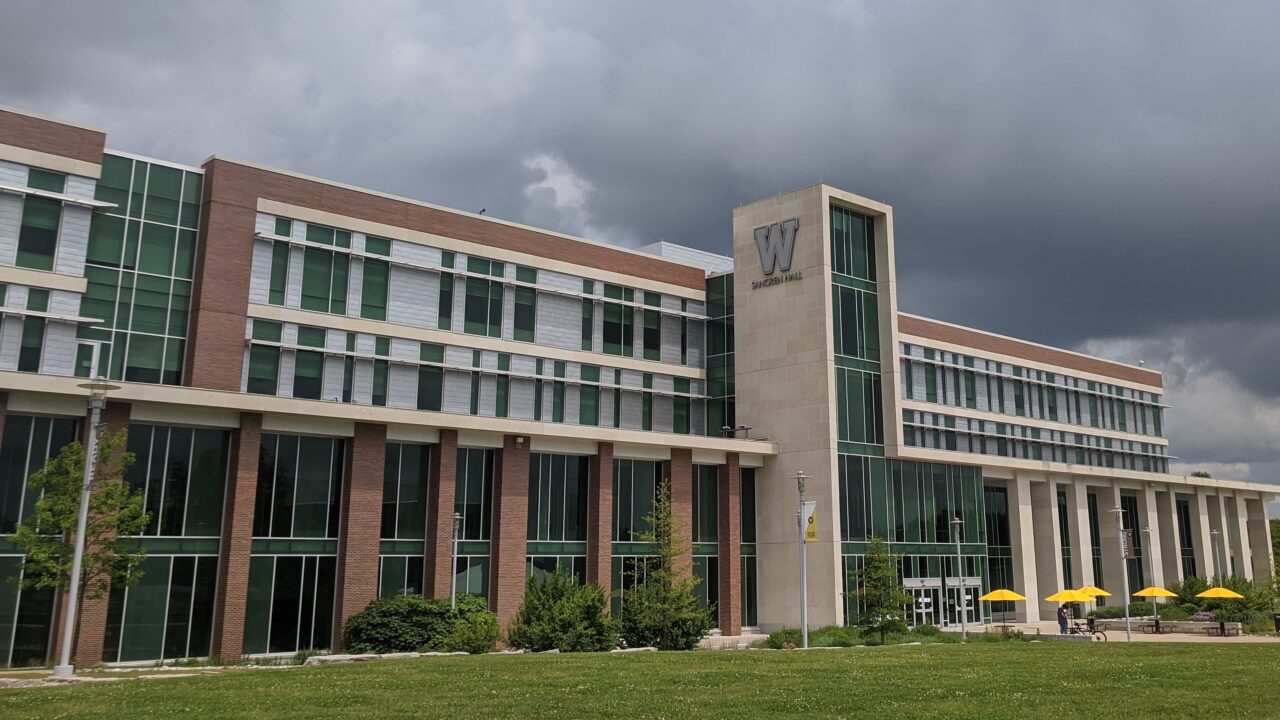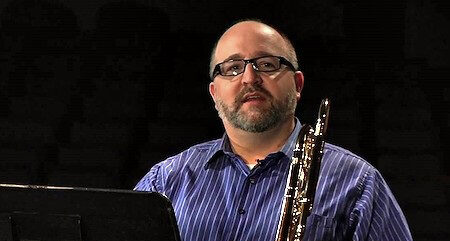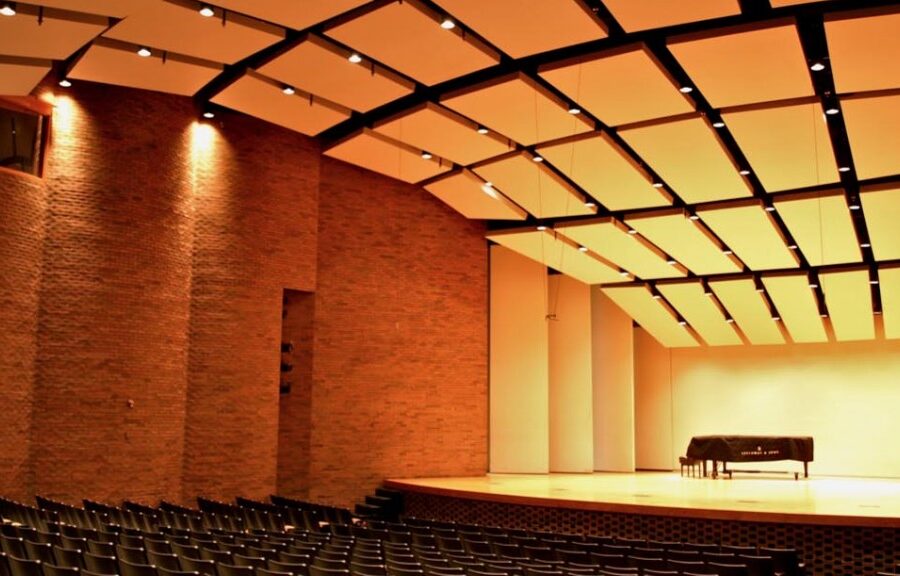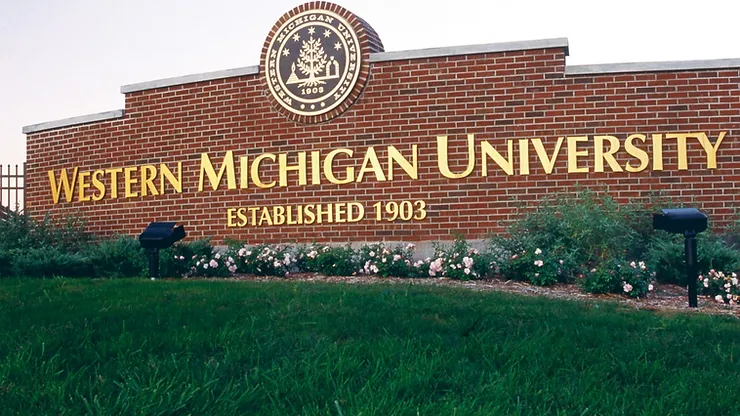Case Status: Victory. Settled on Favorable Terms
Mattson v. Guyette, et al.

Daniel Mattson worked as a performer and adjunct professor at the Western Michigan University School of Music for more than twenty years. In 2017, Mattson wrote an autobiographical book describing his return to Catholicism after having spent most of his adulthood in a homosexual lifestyle. In 2021, an activist colleague at the university discovered Mattson’s writings and claimed that his religious views were offensive to homosexual students. In response, WMU officials including Daniel Guyette, Dean of the College of Fine Arts, and Keith Kothman, the former-Director of the School of Music, rolled back Mattson’s responsibilities on campus and declined to renew his contract. CIR filed suit under the First and Fourteenth Amendments, alleging that the public university violated Mattson’s right to free speech and religious liberty.
Professor of Music and Man of Faith
Mattson worked as an adjunct professor at the WMU School of Music since 1999. As a part of his work for WMU, he performed with the faculty ensemble, the “Western Brass Quintet.” He also played on a joint student-faculty ensemble, “Western Winds.”
In 2009, Mattson returned to Catholicism and left behind his homosexual lifestyle. Following his conversion, Mattson embraced orthodox Catholic views on sexuality and gender. He holds the traditional Catholic view that no one is morally culpable for merely experiencing desires, but anyone who is Catholic is accountable for responding to their desires in a way that is consonant with the Catholic faith. He sincerely believes that the church should sympathetically engage people who experience same-sex attraction while inviting them to consider the claims of Catholicism concerning human sexuality. In his writings, he argues that it is incorrect to label someone as being homosexual or heterosexual, but rather those are labels that describe attractions or behaviors. He also argues that, while homosexual behavior is sinful and contrary to natural law, homosexual inclinations are not sinful.
In the years after his conversion, Mattson wrote articles and spoke at public events explaining how the church should engage with people who experience same-sex attraction. In 2017, Mattson’s writing culminated in Why I Don’t Call Myself Gay, which described his experiences and his conversion to Catholicism. The book contains a forward by Cardinal Robert Sarah. Specific chapters of the book address, among other things, the New Testament, the writings of Catholic saints, and the Catechism of the Catholic Church, as well as the philosophical underpinnings of gay identity. The book received acclaim from many Catholics and evangelicals for its honest depiction of Mattson’s experience and its insight into how Christians can sympathetically engage with people who experience same-sex attraction.
Mattson kept his views on Catholicism and homosexuality separate from his work at WMU. He never initiated discussions about his religious beliefs or moral views with WMU students, and until September 2021, his outside writing and speaking had never interfered with his work. Indeed, by 2021, Mattson’s public speaking and writing had largely ended.
Attack on Speech and Religious Freedom
In September 2021, a recently-appointed music faculty member and LGBT activist, Lauron Kehrer, discovered Mattson’s work and objected to his religious viewpoint on sexuality. Using social media, she initiated a campaign to cancel a recital that Mattson was scheduled to perform as a special guest artist. She posted on Twitter, “I won’t be going to any recitals by ex-gay activists, thanks.” Additionally, she led an entire class discussion about how Mattson’s ideas were damaging to the LGBT community.

In response to the protest, then-Director of the School of Music Keith Kothman sent a campus-wide email condemning Mattson’s beliefs as “harmful to members of our LGBTQ community.” Kothman assured students that they would not have to attend Mattson’s guest artist recital — which is ordinarily mandatory for students who work in the same area as the guest artist. Whereas normally about 20 students attend such recitals, only one attended Mattson’s event. And although he was allowed to continue performing with the Western Brass Quintet for the time being, students were exempted from attending any performances that featured Mattson. Kothman removed Mattson entirely from Western Winds, a joint student-faculty ensemble, which is a subset of the Wind Symphony at WMU. Finally, Kothman declined to renew Mattson’s contract.
The decision by WMU officials to remove Mattson for publicly discussing his religious beliefs in his personal time violated his rights to freedom of speech and religious liberty. As a publicly funded university, WMU is required to adhere to the First Amendment, which guarantees the right to speak about and practice one’s religion in public without the threat of suppression or retaliation.
Updates on this case

Oct 2023
Musician Fired for Catholicism Vindicated with Substantial Settlement
On October 4, CIR secured an important free speech and religious liberty victory for Daniel Mattson, an adjunct music professor at…

Jun 2023
WMU Files Answer to Music Professor's Free Speech Complaint
On June 5, 2023, defendants in Mattson v. Guyette -- four officials at Western Michigan University (WMU) -- filed an answer to…

Mar 2023
Professor Fired for Catholic Beliefs
On March 20, 2023, the Center for Individual Rights filed a federal lawsuit on behalf of Daniel Mattson, a former adjunct faculty…
